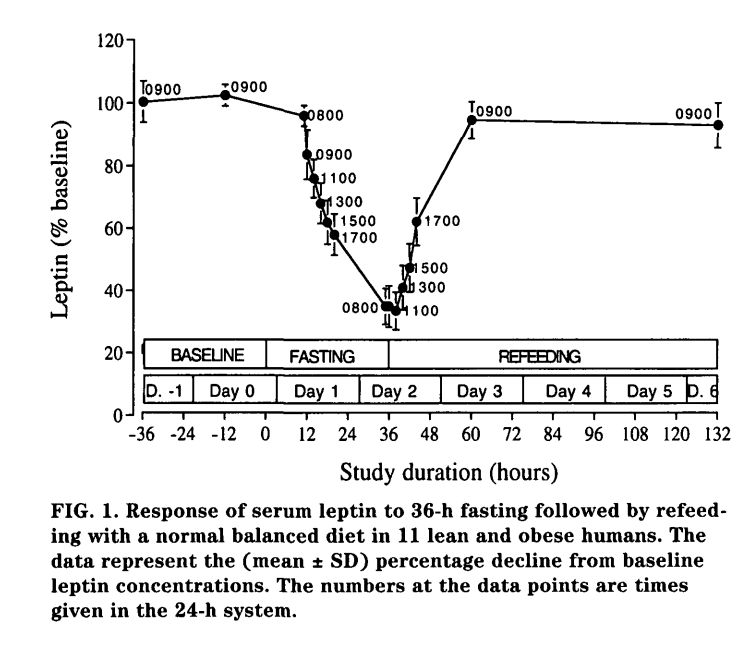Have you tried cooking all food?
Fruits, vegetables, protein all cooked. This is part of the recomendations made in the SCD Diet for SIBO.
If you have POTS or a form of Dysautonomia do you drink plenty of water with electrolytes prior to eating? Do you take anything for POTS if you have it?
Have you removed all slow digesting food such as red meat, bacon, patatoes, pork, wheat and grains from your diet? This puts more demands on the amount of blood required in the GI track.
Fruits, vegetables, protein all cooked. This is part of the recomendations made in the SCD Diet for SIBO.
If you have POTS or a form of Dysautonomia do you drink plenty of water with electrolytes prior to eating? Do you take anything for POTS if you have it?
Have you removed all slow digesting food such as red meat, bacon, patatoes, pork, wheat and grains from your diet? This puts more demands on the amount of blood required in the GI track.

